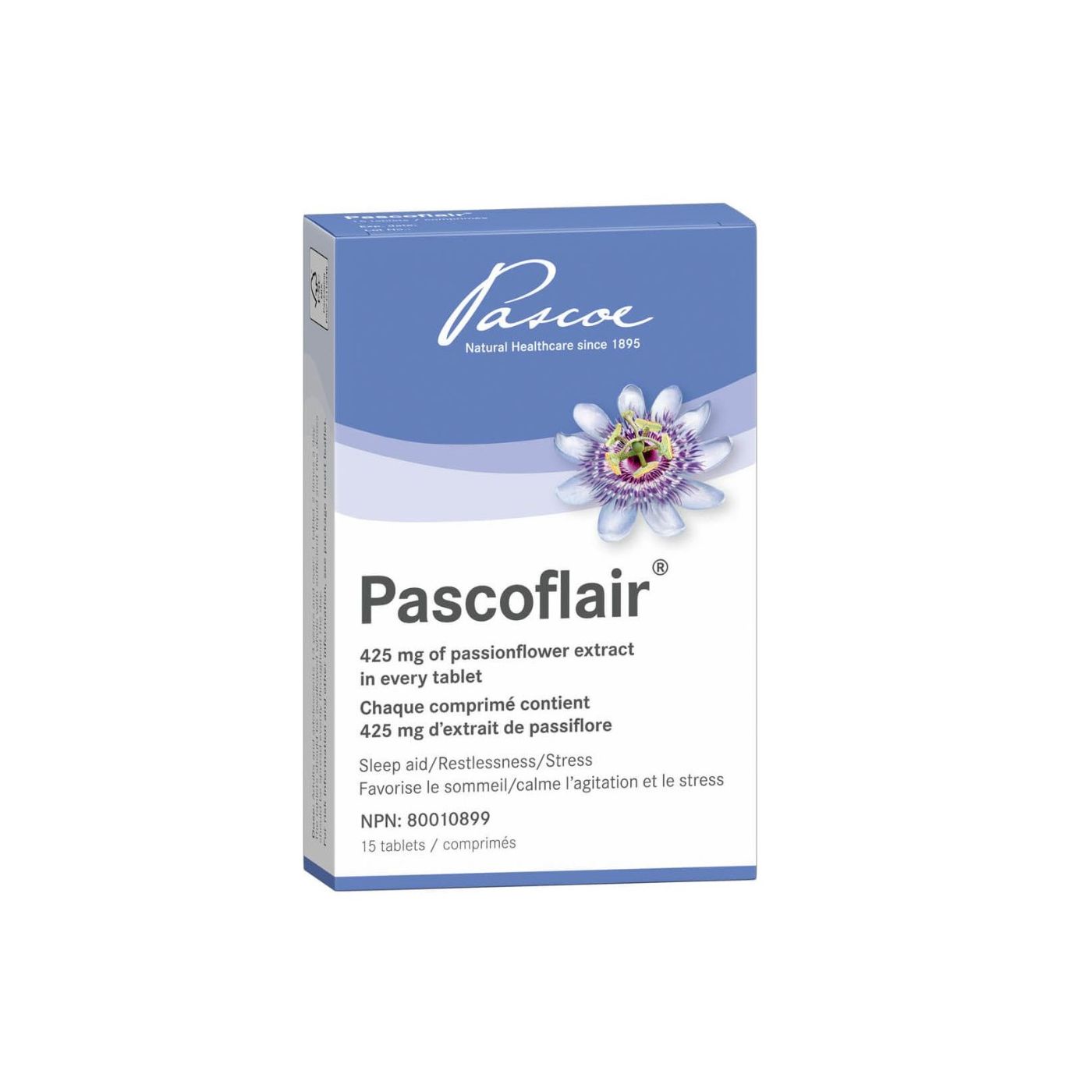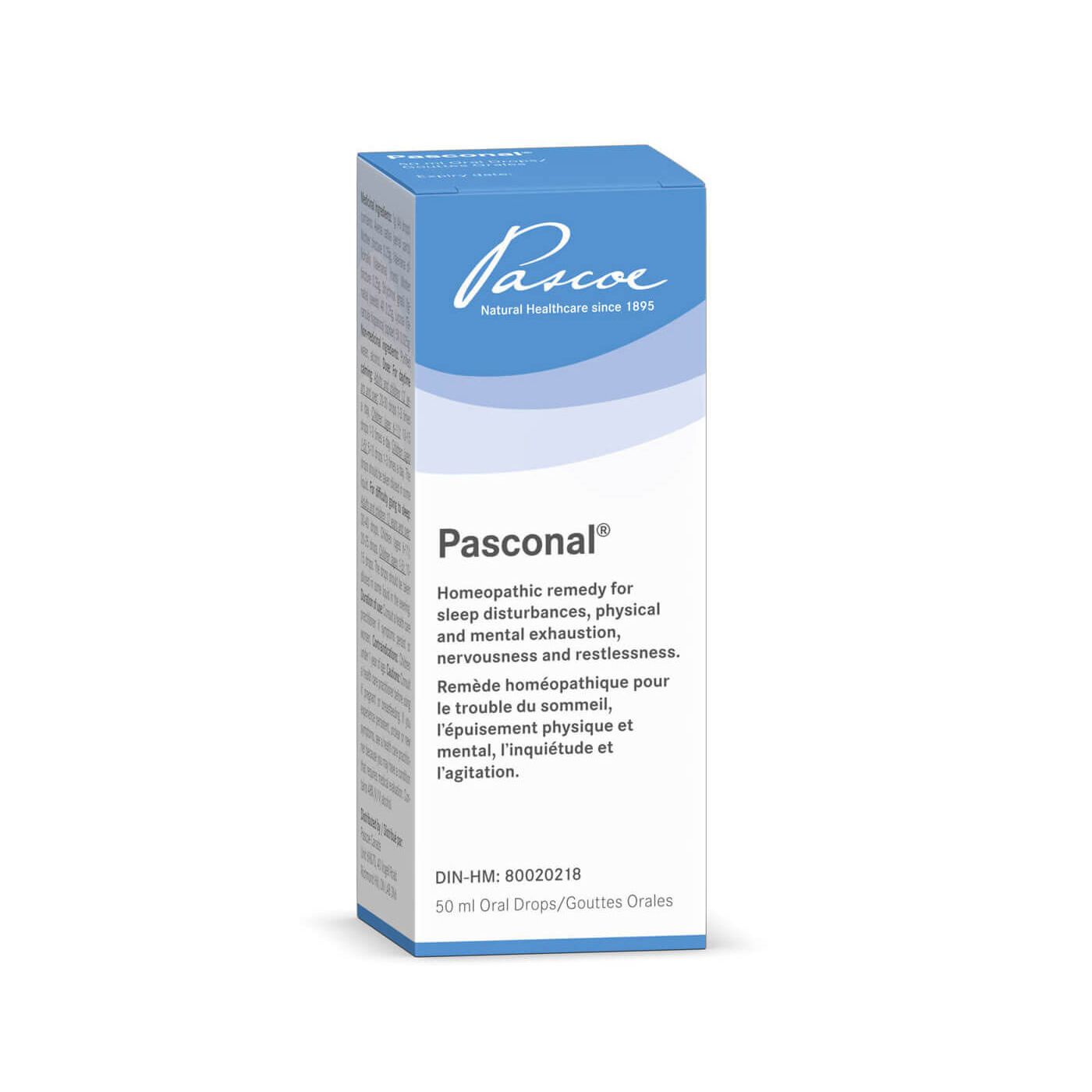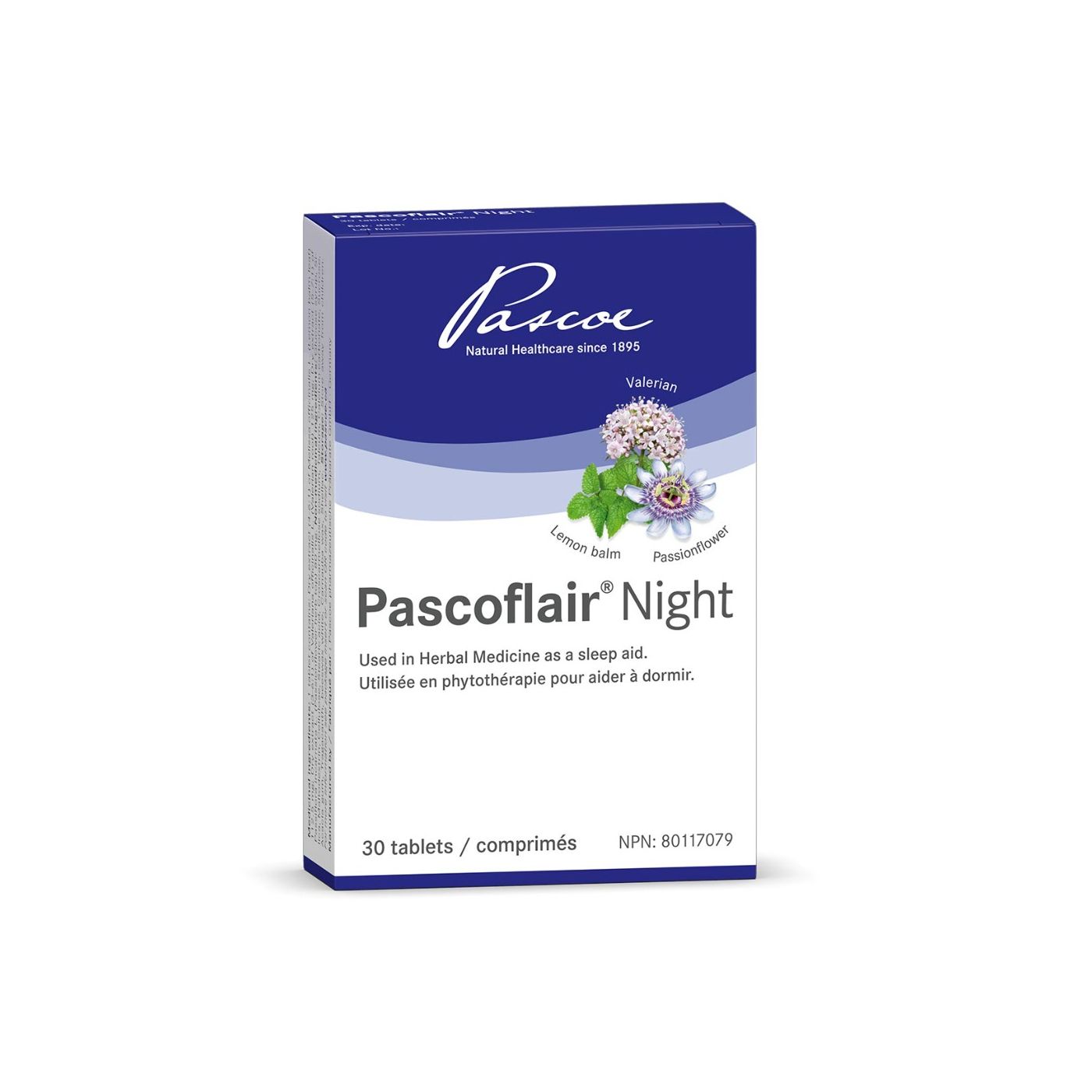

By Dr. Alexandra Sisam ND | Updated by Birgitta Kautz Reading time: 5.5 minutes
Sleep Disorders/disturbances
Is Sleep important?
Sleep is essential to all people. It rejuvenates the body and is important for efficient daytime functioning. Also, it gives us time to process everything that happened during the day.
If we don’t get enough hours of deep sleep, we are left feeling exhausted, irritable, and unable to do daily things. This can also result in other physical and psychological symptoms.
On-going research is studying the many effects of a balanced night's sleep. This includes its contribution to physical and mental health. For example, being asleep gives the brain time to build new connections, meaning we can learn more effectively and easier. Not getting enough rest or insomnia can compromise any of these functions.
What is Insomnia?
Insomnia is a type of sleep disorder leading to an inadequate amount or poor quality of sleep.
Insomnia is characterized by at least 1 or more of the following symptoms:
- difficulty falling asleep
- difficulty staying asleep
- waking up too early
- waking up not feeling refreshed
Insomnia is considered acute if any of these things happen once every few weeks. Chronic insomnia means that they happen 3 times a week for at least one month.
How do you diagnose a sleep disorder?
Diagnosing can be difficult as the quality of a good night’s rest is subjective. Some people feel they don’t get enough sleep but are physically and mentally refreshed in the daytime. Others feel like they get a lot, but they still feel exhausted during the day.
A self-test using a diary can help you figure out whether it is a disorder that is bothering you. Another option is the DSM-5 manual, which contains a standardized list of sleep disorders. Your symptoms can be assessed based on this handbook.
However, the most accurate diagnostic test is a sleep study along with a person’s sleep disorder symptoms. In any case, a doctor should be consulted for a diagnosis.


|
Sleep Disorders |
Obstructive Sleep Apnea, Restless Legs Syndrome (RLS), Narcolepsy, Circadian-Rhythm Sleep Disorders, rem sleep behavior disorder (RBD), sleepwalking, night terrors, sleep paralysis |
|
Psychological |
Depression, Anxiety, Bipolar Disorder |
|
Pain |
Chronic Fatigue Syndrome, fibromyalgia, arthritis etc. |
|
Hormonal |
Menopause, Premenstrual Syndrome, Puberty, Thyroid Disorders & other endocrine disorders |
|
Digestive |
GERD, stomach pains, being too full |
|
Neurological |
Brain Injuries etc. |
|
Lifestyle |
Alcohol & drug use, eating too close to bedtime, caffeine use, stress, obesity, not enough sun exposure or exercise during the day, Jet Lag following flights through multiple time zones, bedroom environment (light, screens, noise etc.) |
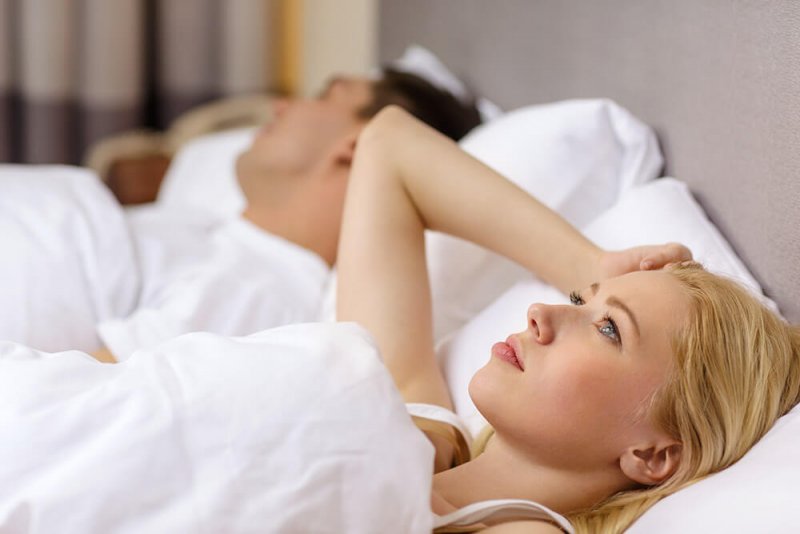

Adults need roughly 7 - 9 hours a night whereas teenagers require about 8 - 10 hours and school-age children 9 - 11 hours. However, this is different from person to person. The goal is that the person will wake up the next morning with renewed strength.
This can only happen when our body gets into all the different sleep phases. Sleep is made up of 2 different types, known as Non-REM (non-rapid eye movement) and REM.
Non-REM has 3 different stages (updated from formerly 4). The REM phase is the 4th and last stage of the sleep cycle.
- Non-REM begins with light sleep. As we move through stage 1 to stage 3, we get into deep slumber, also called slow wave sleep.
- REM is characterized by the rapid movement of the eyes when one is asleep. This is also the stage where dreams occur.
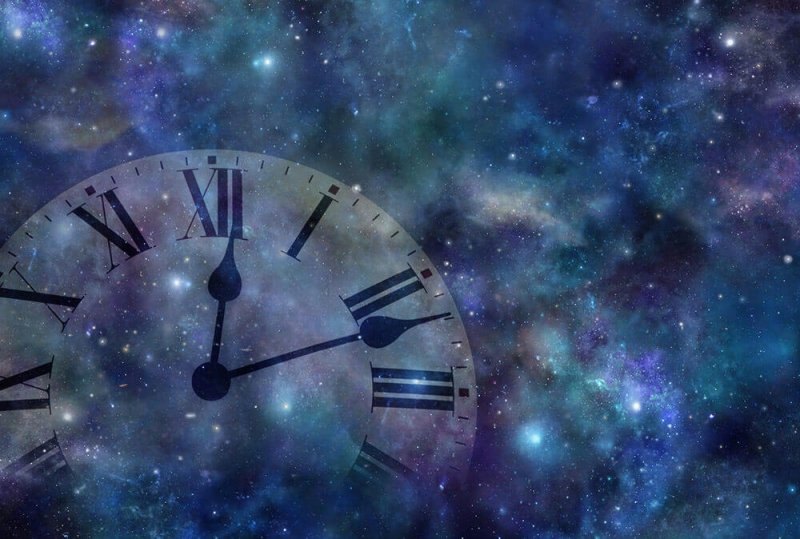

How much deep sleep is normal? The different cycles alternate throughout the night. Right after you lie in bed most of the time is spent in the deeper slumber of the Non-REM phases.
How much REM sleep is normal? As the night continues, the REM and light sleep phases get longer. By morning, it is mainly REM.
Different parts of the brain are active at different times of the cycle. The brain uses the time to process and sort the experiences of the day. Getting into all the different stages every night is integral for us to function properly.
How can I sleep better at night naturally?
Many natural remedies can help to calm the body down and to improve the quality and quantity of our night’s rest. They include plants and nutrients such as passionflower, lemon balm, skullcap, oat straw, valerian, hops etc. These herbs can be taken alone or combined and help the body and mind to relax.
You might have also heard about vitamins that can help you sleep. So far, research has found out that vitamin D plays a role in sleep regulation. Vitamin D deficiency seems to lead to a higher risk of sleep disorders. However, more clinical trials are needed to confirm whether Vitamin D supplements can help prevent or treat them.


Vitamin D is also involved in Melatonin production. Melatonin is the hormone responsible for letting our bodies know when to fall asleep. It helps to regulate our circadian clock to match our sleep-wake cycles with night and day.
When it gets dark, the melatonin level increases and makes our bodies tired. If we are exposed to blue light late at night - such as TV, phones, or computer screens - melatonin does not know that it is supposed to be rising. Not using these devices at least one hour before bed can give our body the signal that it’s time to increase melatonin, and in turn, help us to fall asleep fast.
Our night’s rest is also impacted by stress. Cortisol is the stress hormone in our bodies, which keeps us awake. Normally, cortisol levels will drop at night when our stress levels go down.
However, if the stress does not go down at night, cortisol levels will remain high. This means that the melatonin level will not be able to rise to tell our bodies that it is bedtime.
The most important thing when dealing with these disturbances is to find out the cause of the problem and treat that. If there is no underlying issue it’s important to look at your lifestyle and how it might be affecting your nighttime.
It is also very important to look at stress and worries both in the family and at work when assessing sleep problems. Lifestyle changes can make a huge difference in patterns and quality of your night’s rest. In severe cases of insomnia, cognitive behavioural therapy (CBT) can be helpful.
How to sleep better and fall asleep faster?
Some other changes that can help to relax the body, increase sleep hygiene and decrease insomnia include:
- Go for a walk in the evening.
- Have a light and early evening meal, avoid eating late.
- Air your bedroom properly before going to bed.
- Ban all items from your bedroom that remind you of work and stress.
- Take all electronic devices (mobile phone, TV set, laptop, brightly-lit alarm clock etc.) out of your bedroom.
- If you need to get up at night, keep the lighting at a low level!
- Implement a bedtime routine to help you wind down and get ready for the night.
- Learn and practice relaxation techniques.
- Avoid daytime naps when possible.
- Maintain a regular sleep schedule, including a consistent bedtime each night.
- Pay attention to current night patterns that might be linked to your current evening schedule.
- Decrease any risk factors for insomnia such as being obese or overweight.
- Treat any medical conditions.
- Exercise to decrease feelings of anxiety and nervousness.
- Cut down the use of caffeine, alcohol, and nicotine.
- Consider bright light therapy for long-distance travel or if you work night shifts.
- Keep a diary to identify any triggers to insomnia.
- Get evaluated for any disorders and treat them appropriately.

